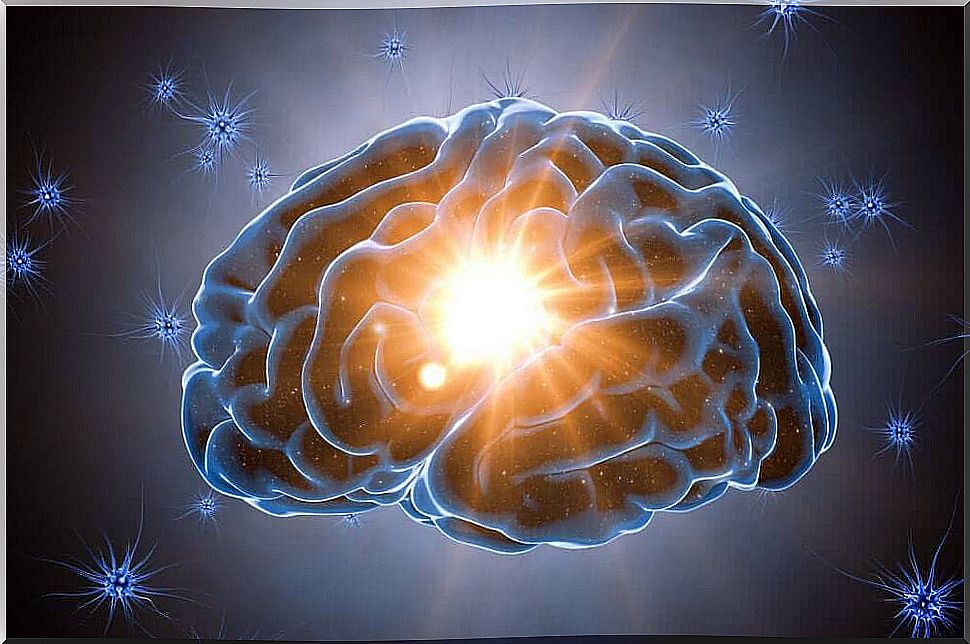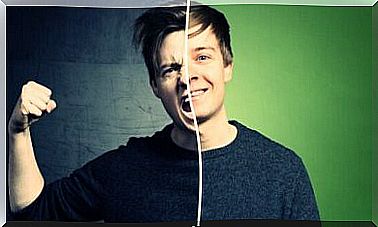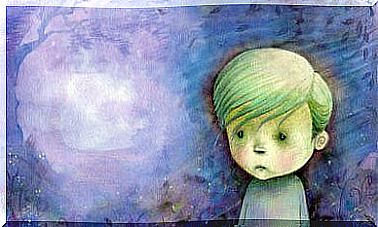The Brain Loves Surprises

Why does the brain love surprises? Surprise is a basic emotion that refers to a change in mood due to an unforeseen event or stimulus. When the unexpected is not pleasant, it triggers a negative emotion such as fear, anger or sadness.
On the other hand, when the result is positive, the resulting emotion is pleasurable, triggering an intense activation of brain areas. These areas are involved in other emotions, including pleasure.
So we can say that somehow we have physiological evidence that the brain loves surprises.

Brain Areas Involved
The nucleus accumbens, which is part of the basal ganglia, plays an important role in processing surprise.
Apparently, it activates when we face an unpredictable situation. This is especially so because the brain unconsciously expects to receive a reward.
As with other emotions, the amygdala also plays an important role in surprise, helping to decide whether the situation is good for us or not. In this region of the brain, there are two groups of neurons:
- The group of neurons that are activated when what is presented to us is a reward.
- Those that are activated when we receive something unpleasant.
These two groups are not activated at the same time.
The brain loves surprises and the pleasure of the unexpected
As indicated above, when surprise is unpleasant, it acts as a key to the emergence of other emotions. However, when the surprise is not harmful, it provides a pleasant sensation, prolonging and making us enjoy this emotion for a longer time.
Many researchers have made an effort to find out why this happens and to find out if it is possible to take advantage of the surprise and apply it to some type of intervention. In this line of thought, some American scientists showed that the nucleus accumbens was intensely activated when faced with an unexpected stimulus.
Interestingly, the nucleus accumbens is a key region of the brain’s pleasure center. Regardless of whether the surprise is good or bad, this area will light up, activating even slightly the pleasure mechanisms.
A perfect example is that many people like to enter horror houses, where there will be many surprises that, at first, should be negative, as they are followed by negatively charged emotions such as fear and disgust.

Effect on learning and memory
Learning is one of the most studied cognitive processes in psychology and neuroscience. Over the past 50 years, factors have been identified that influence or produce longer-lasting learning, and surprise is one of them.
According to some authors, the strength with which one element is associated with another is growing stronger, until it is no longer surprising. That is, if we present an A stimulus together with a B stimulus (unpredictable) on several occasions, the person will be expecting B to present itself very strongly. But once you realize that this always happens, the reaction becomes much smaller.
In this way, scientists have proposed that when a stimulus is surprising, it is more likely to remain in our memory. This relationship between learning, brain and surprise has been more recently proven with neuroimaging exams.
In 2001, a group of British and Australian researchers looked at what happened in the brain during learning if surprise elements were included. Thus, they saw how the nucleus accumbens became less and less activated as the participant became more familiar with the presentation of stimuli. However, when a surprise event happened, it was intensely reactivated.
It has also been observed in several studies that what is learned around a surprise event stays in memory longer. This can happen because surprise triggers a series of cholinergic and dopaminergic mechanisms that increase attention and motivation.









